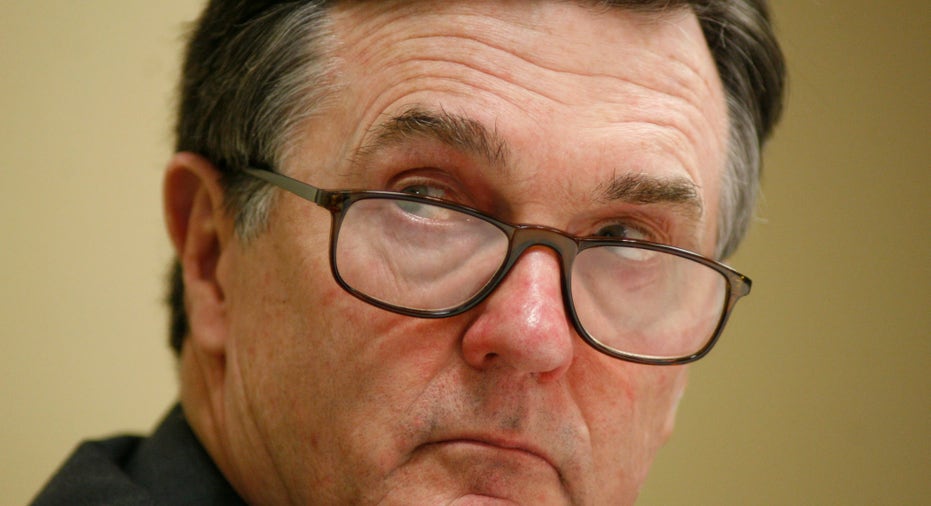Fed's Lockhart: April Rate Rise Could be Justified

Steady U.S. economic growth could justify increasing short-term interest rates as soon as next month, Federal Reserve Bank of Atlanta President Dennis Lockhart said Monday.
"In my opinion, there is sufficient momentum evidenced by the economic data to justify a further step at one of the coming meetings, possibly as early as the meeting scheduled for end of April," Mr. Lockhart said in a speech.
The official, who doesn't hold a voting role on the interest-rate-setting Federal Open Market Committee this year, said that "policy remains on a gradual path of rate increases."
Mr. Lockhart is seen as a reliable centrist among central-bank officials. He told reporters after Monday's speech that "the center of the committee is pretty uniform at the moment," reflecting a similar assessment of the economy and risk environment among voting members.
The official said he supported the Fed's decision last week to leave short-term interest rates unchanged given recent financial-market volatility and signs of global weakness. The environment for policy setting has changed enough since mid-December to justify exercising patience regarding the next rate increase, he said, adding the central bank will closely monitor global and financial developments.
Federal Reserve officials last week said they expect to raise their benchmark rate just twice this year, after the initial increase in December, down from the four they previously predicted. That moved the Fed more into line with the thinking of investors, many of whom doubted the central bank would be able to move as fast as it had forecast.
The Atlanta Fed president offered an explanation for the "changed sentiment regarding the speed of" rate increases in his remarks Monday.
"I would argue that the real economy--the Main Street economy--remains substantially on the path envisioned by committee participants at the time of the liftoff decision in December. However, the context of risks and uncertainties has shifted somewhat," he said.
The diminished rate outlook largely reflects lingering risks posed by soft global growth and financial-market volatility. In a closely watched section of its March policy statement, the Fed said market developments and the global outlook "continue to pose risks." This risk assessment is important because it indicates whether the central bank is leaning toward raising rates, holding them steady or reducing them; in January, officials had declined to make an assessment about the balance of risks to the economy.
Commenting on the language of the March statement, Mr. Lockhart told reporters, "We felt that it was the best way to characterize the monitoring mode of the committee, and felt that repeating pretty much what we said in the January meeting was the best approach."
While inflation is showing signs of stirring, some in the Fed worry that raising rates too soon may choke off the recovery. Mr. Lockhart said Monday that some inflation indicators show movement higher in the direction of a healthier rate of inflation. However, he voiced concerns about wage inflation, seen as a precursor to overall consumer-price inflation, saying, "We have not yet seen convincing indications that wages are accelerating."
Speaking in Paris earlier Monday, Richmond Fed President Jeffrey Lacker said he is confident weak inflation will begin to tick "significantly" higher soon. Mr. Lacker also doesn't hold a vote on the central bank's policy committee this year.



















